Podcast: Play in new window | Download (Duration: 28:08 — 19.4MB) | Embed
Subscribe: Apple Podcasts | Spotify | Amazon Music | Android | Pandora | iHeartRadio | JioSaavn | Podchaser | Gaana | Podcast Index | Email | TuneIn | Deezer | Anghami | RSS | More

Episode 4 “Heaven in Faith” Day 2 Prayer 2 – “Hurry and Come Down”
Day 2 Second Prayer
7. “Hurry and come down, for I must stay in your house today.” The Master unceasingly repeats this word to our soul which He once addressed to Zacchaeus. “Hurry and come down.” But what is this descent that He demands of us except an entering more deeply into our interior abyss? This act is not “an external separation from external things,” but a “solitude of spirit,” a detachment from all that is not God.
8. “As long as our will has fancies that are foreign to divine union, whims that are now yes, now no, we are like children; we do not advance with giant steps in love for fire has not yet burnt up all the alloy; the gold is not pure; we are still seeking ourselves; God has not consumed” all our hostility to Him. But when the boiling cauldron has consumed “every imperfect love, every imperfect sorrow, every imperfect fear,” “then love is perfect and the golden ring of our alliance is larger than Heaven and earth. This is the secret cellar in which love places his elect,” this “love leads us by ways and paths known to him alone; and he leads us with no turning back, for we will not retrace our steps.”
Elizabeth of the Trinity. The Complete Works of Elizabeth of the Trinity, vol. 1 (featuring a General Introduction and Major Spiritual Writings) (Elizabeth of the Trinity Complete Work) (pp. 96). ICS Publications. Kindle Edition.
Discerning Hearts Reflection Questions
We would like to thank Miriam Gutierrez for providing “the voice” of St. Elizabeth for this series
For other episodes in the series visit the Discerning Hearts page for Dr. Anthony Lilles
Anthony Lilles, S.T.D., has served the Church and assisted in the formation of clergy and seminarians since 1994. Before coming to St. Patrick’s, he served at seminaries and houses of formation in the Archdiocese of Denver and the Archdiocese of Los Angeles. The son of a California farmer, married with young adult children, holds a B.A. in theology from the Franciscan University of Steubenville with both the ecclesiastical licentiate and doctorate in spiritual theology from the Pontifical University of Saint Thomas Aquinas in Rome (the Angelicum). An expert in the writings of St. Elizabeth of the Trinity and the Carmelite Doctors of the Church, he co-founded the Avila Institute for Spiritual Formation and the High Calling Program for priestly vocations. He also founded the John Paul II Center for Contemplative Culture, which hosts symposiums, retreats, and conferences. In addition to his publications, he blogs at www.beginningtopray.com .

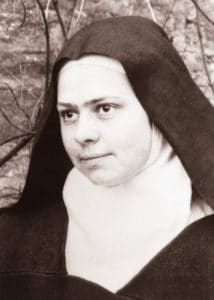
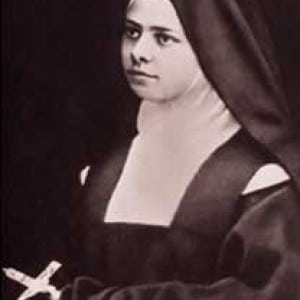 St. Elizabeth’s writings illuminate the concept that the Kingdom of God is internal, a profound insight shared with St. John of the Cross, who believed that in the soul’s substance, where worldly and evil influences cannot reach, God imparts Himself, making every movement divine. This inner sanctuary, untouched by external forces, becomes the focal point for spiritual growth and intimacy with God, achievable through love, which binds the soul to its Creator. The more intense this love, the deeper the soul’s entry into God, culminating in a unity that transforms the individual into a reflection of the divine.
St. Elizabeth’s writings illuminate the concept that the Kingdom of God is internal, a profound insight shared with St. John of the Cross, who believed that in the soul’s substance, where worldly and evil influences cannot reach, God imparts Himself, making every movement divine. This inner sanctuary, untouched by external forces, becomes the focal point for spiritual growth and intimacy with God, achievable through love, which binds the soul to its Creator. The more intense this love, the deeper the soul’s entry into God, culminating in a unity that transforms the individual into a reflection of the divine.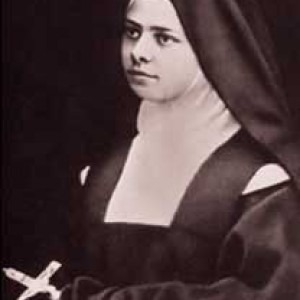 St. John Paul II, notably influenced by Elizabeth, exemplifies her wide-reaching impact, showcasing her role in deepening the spiritual lives of many, including his own. Despite limited access to the full Bible, Elizabeth’s reflections demonstrate a profound scriptural engagement, akin to Lectio Divina, showcasing her deep understanding and integration of scripture into her reflections on prayer and communion with God.
St. John Paul II, notably influenced by Elizabeth, exemplifies her wide-reaching impact, showcasing her role in deepening the spiritual lives of many, including his own. Despite limited access to the full Bible, Elizabeth’s reflections demonstrate a profound scriptural engagement, akin to Lectio Divina, showcasing her deep understanding and integration of scripture into her reflections on prayer and communion with God.
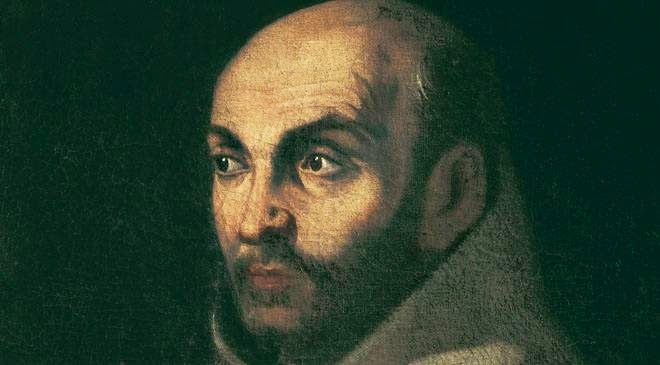

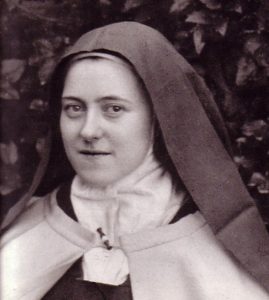



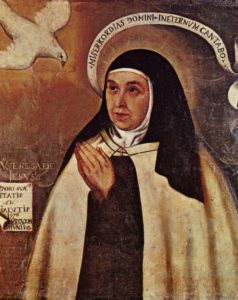 When she was 20 she entered the Carmelite Monastery of the Incarnation, also in Avila. In her religious life she took the name “Teresa of Jesus”. Three years later she fell seriously ill, so ill that she remained in a coma for four days, looking as if she were dead (cf. Vida, 5, 9).
When she was 20 she entered the Carmelite Monastery of the Incarnation, also in Avila. In her religious life she took the name “Teresa of Jesus”. Three years later she fell seriously ill, so ill that she remained in a coma for four days, looking as if she were dead (cf. Vida, 5, 9).